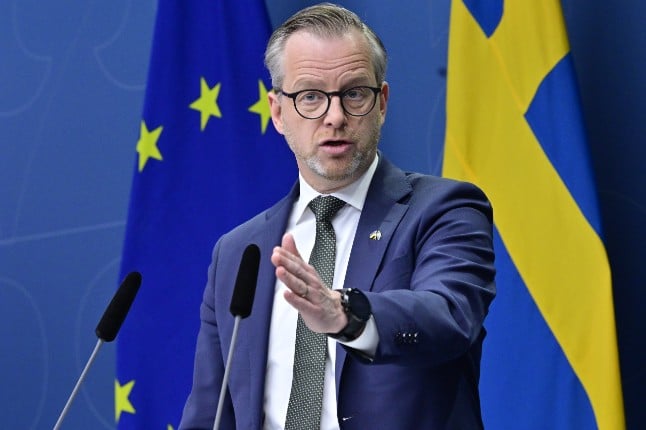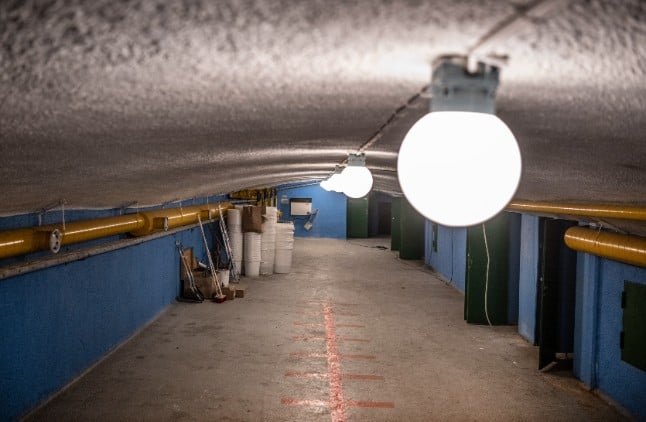The Moderate Party has declared that there is scope in the autumn budget to increase investment in three key areas: to secure key welfare services, to invest in training and education, and reforms to battle the prospect of longer term unemployment.
“We have cause to update our outlook on the economy,” Fredrik Reinfeldt said at a press conference on Monday.
The finance minister Anders Borg had previously described the underlying view of the economy before autumn negotiations with the other Alliance coalition parties.
“There has been a change in the analysis that we made in the spring. The risk of a long, drawn out recession is lower,” he said.
Despite the rosier economic forecast the Moderates still deem it necessary to employ temporary initiatives to counter burgeoning unemployment and the risk of tax rises in local income taxes.
“We prioritize jobs and have to protect the employment that we currently have,” Reinfeldt said with regard to the prospect of lay-offs in core public sector services.
Reinfeldt and Borg were unwilling to specify just how much money local authorities could expect from the autumn budget.
The Prime Minister also spoke about investments in the judicial system as priorities for the budget talks, as well as expressing a desire to find space for a fourth in-work tax credit (jobbskatteavdrag)
The tax credit is an issue that requires tough negotiations with Alliance partners and the Centre party issued an immediate response to the plans.
“We do not only want to see a focus on the public sector, we want to see broader investment in jobs in the form of a general lowering of payroll taxes. This would benefit both municipalities and companies,” said the party’s economic policy spokesperson Roger Tiefensee on Monday.
Tiefensee added that the Centre Party would like to see pensions prioritized.
The opposition Social Democrats’ spokesperson Thomas Östros is critical and considers the Moderates to be irresponsible for talking about further tax cuts.



 Please whitelist us to continue reading.
Please whitelist us to continue reading.
Member comments